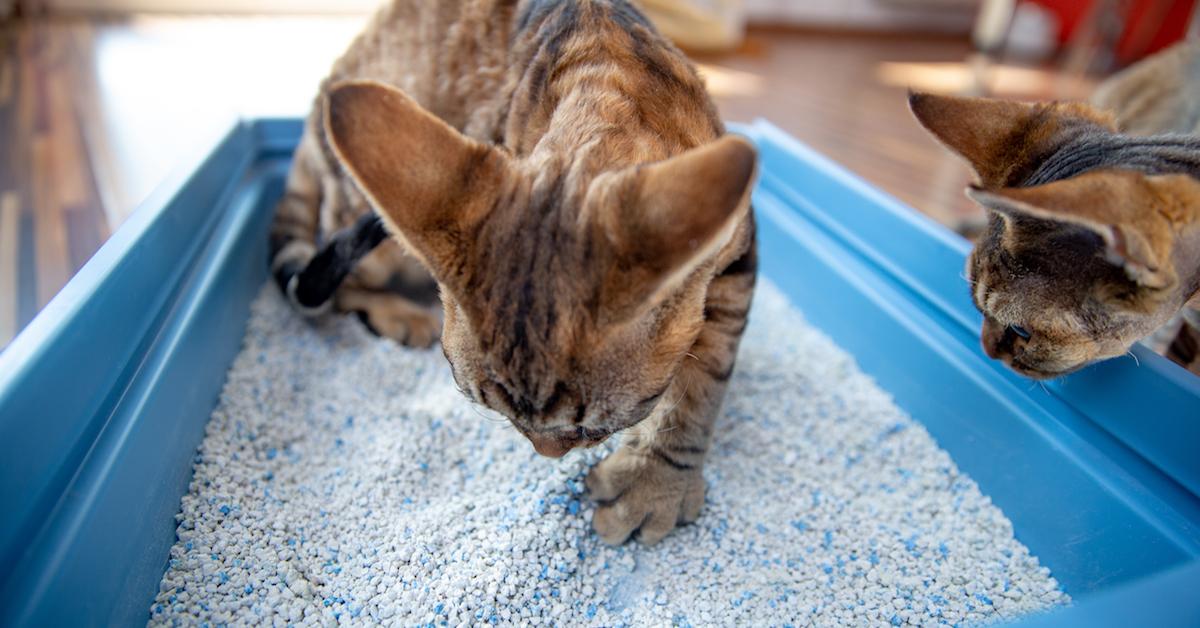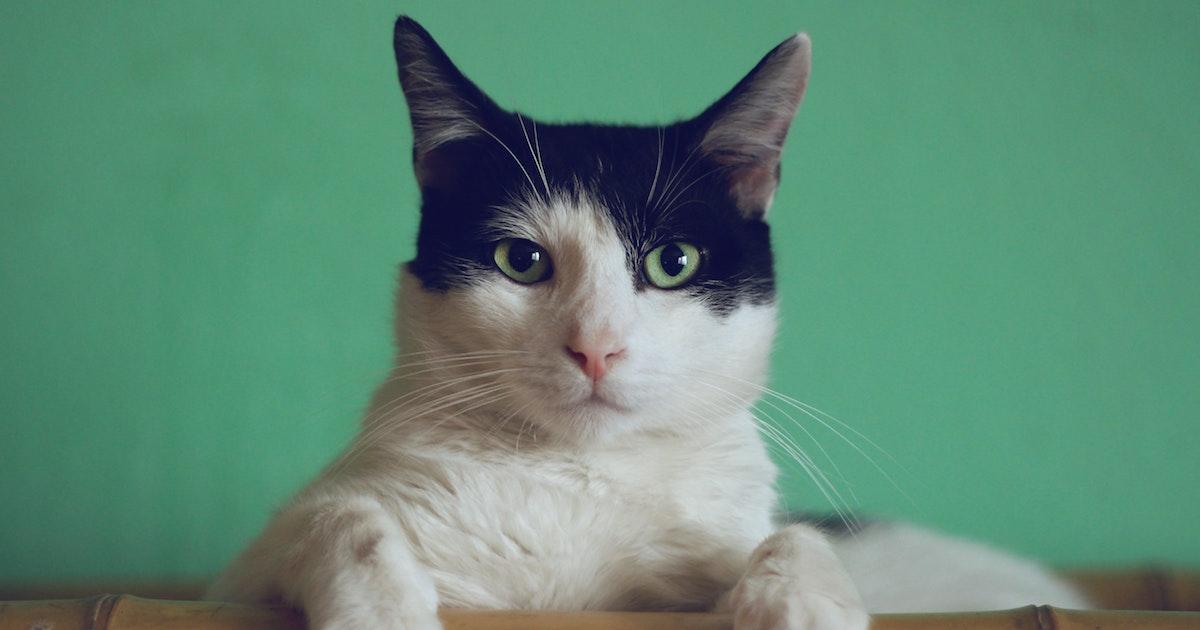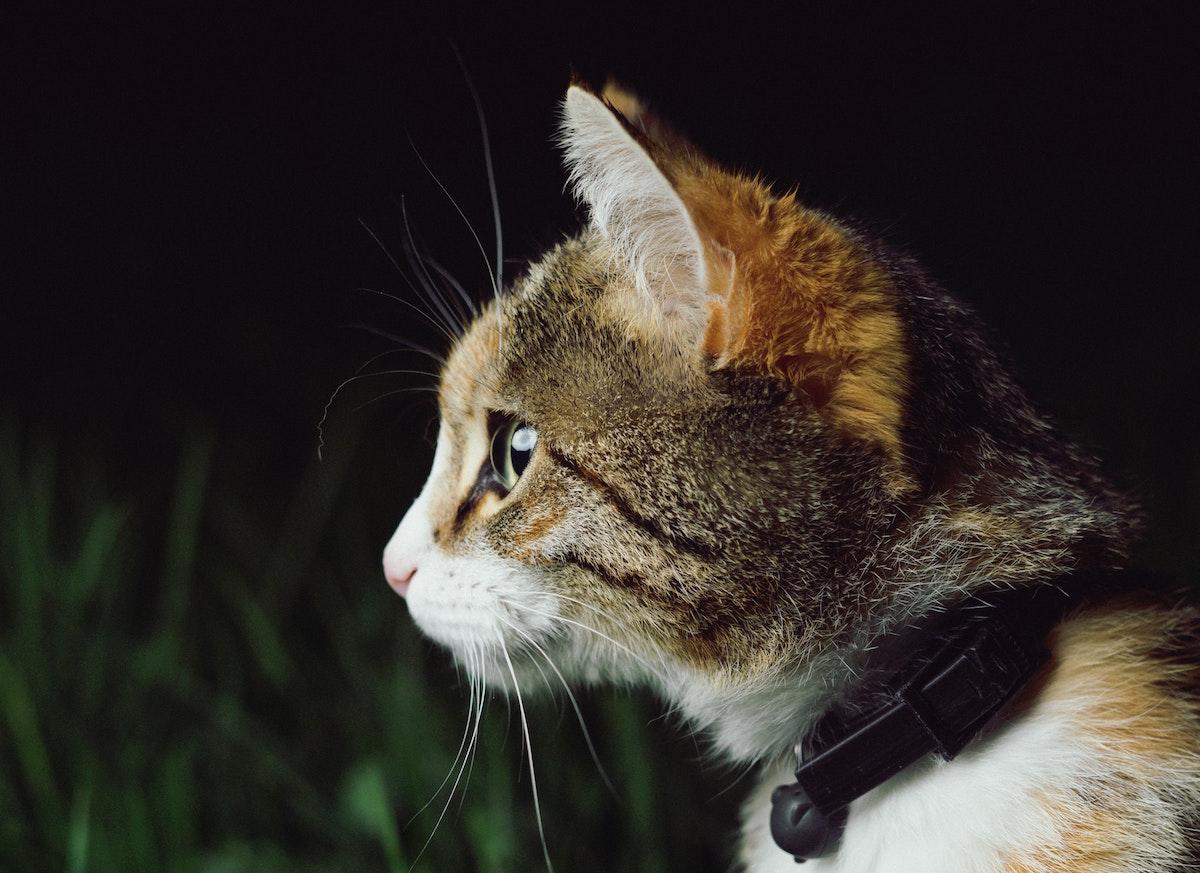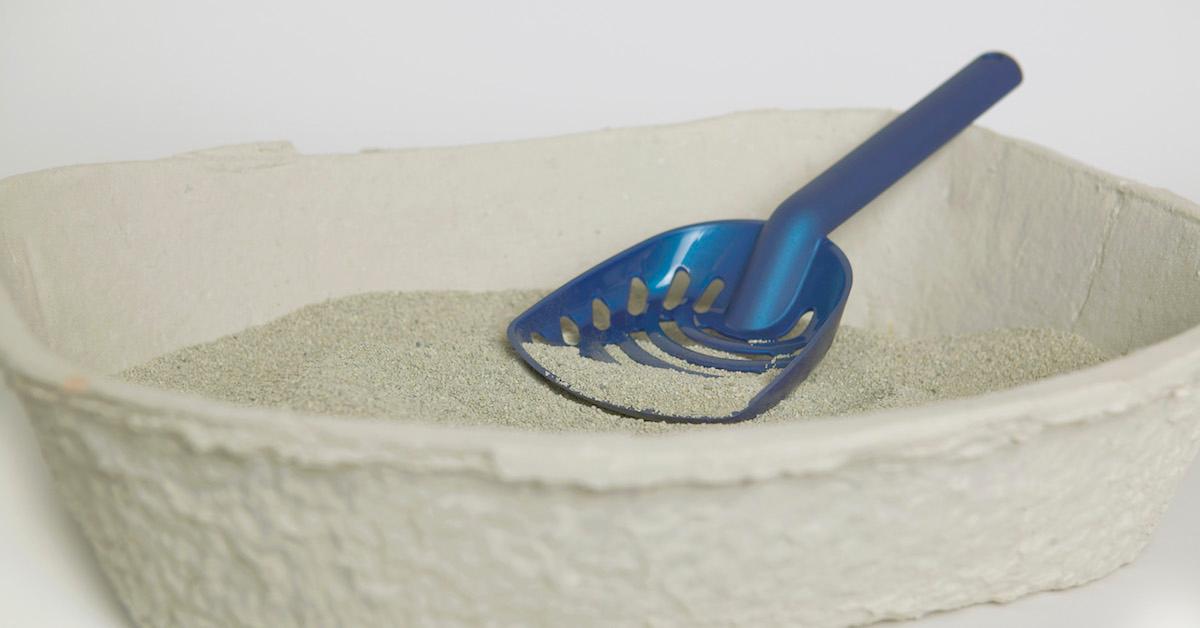Why Your Cat Might Have Stopped Using the Litter Box
Published Oct. 28 2021, 2:20 p.m. ET

Cats are fickle creatures. Anyone who has ever been a cat parent can tell you how particular they are about just about every aspect of daily life. Where they sleep, what they eat, and where they choose to go to the bathroom are all subject to change based on the cat’s whims at any given moment. Nevertheless, some pet parents might find themselves perplexed as to why their cat is not using their litter box.
Keep reading for a few common reasons why this might be happening, plus what you can do to help.
Physical limitations
Declawing is widely believed to be a needlessly cruel surgery for pet cats and some negative behavioral issues have been linked to this barbaric process. According to Best Friends, cats who have been deprived of their front claws might develop an aversion to the litter box. In most cases, this aversion is caused by a lingering pain or sensitivity from the surgery and might cause the cat to start doing their business elsewhere.
If you notice the cat evincing an overly sensitive reaction when stepping into the litter box, Best Friends suggests looking for an alternative brand or type of litter to replace the common, silica-based one. Aspen or pine wood shavings, such as those normally used for rodent pets like guinea pigs, or shredded paper, might do the trick. These are also more eco-friendly options than traditional cat litter.

Change of scenery or age
Cats are emotionally sensitive to changes in routine, so changes in scenery can completely alter their behavior. According to Hill’s, new babies, new pets, remodeling, or moving house can put extra stress on your poor kitty, which can cause them to micturate or defecate in unusual places. Even the sudden appearance of outdoor cats can upset a cat.
Note that the stress caused by age and physical sickness can also cause cats to do their business outside the litter box. This is particularly true of older cats, whose decline in mobility and cognitive ability might see them losing their way to the box or simply not getting there in time.

Improper litter box management
According to the ASPCA, easy access is everything when it comes to cats. We don’t want to say that cats are lazy, but putting a litter box in a hard-to-reach or difficult-to-find location is a good way to dissuade your cat from seeking it out in times of gastrointestinal duress. The same is true for litter boxes that are too small, uncovered, too covered, too deep, or too shallow. Litter boxes that aren’t cleaned properly or often enough can be similarly unappealing to picky kitties.

Medical issues
If your cat suddenly stops using a box that they have been using for months or even years, the reasons could be medical in nature. According to the American Animal Hospital Association (AAHA), cats who are suffering from bladder stones, constipation, cystitis, or urinary tract infections might be unable to hold off long enough to use the litter box.
More serious conditions such as cancer, diabetes, hyperthyroidism, or kidney disease might also be at work, however. If you notice that your cat is exhibiting any unusual behavior or showing signs of pain, please contact your veterinarian. As medical professionals, they are the most qualified to advise you in this regard.